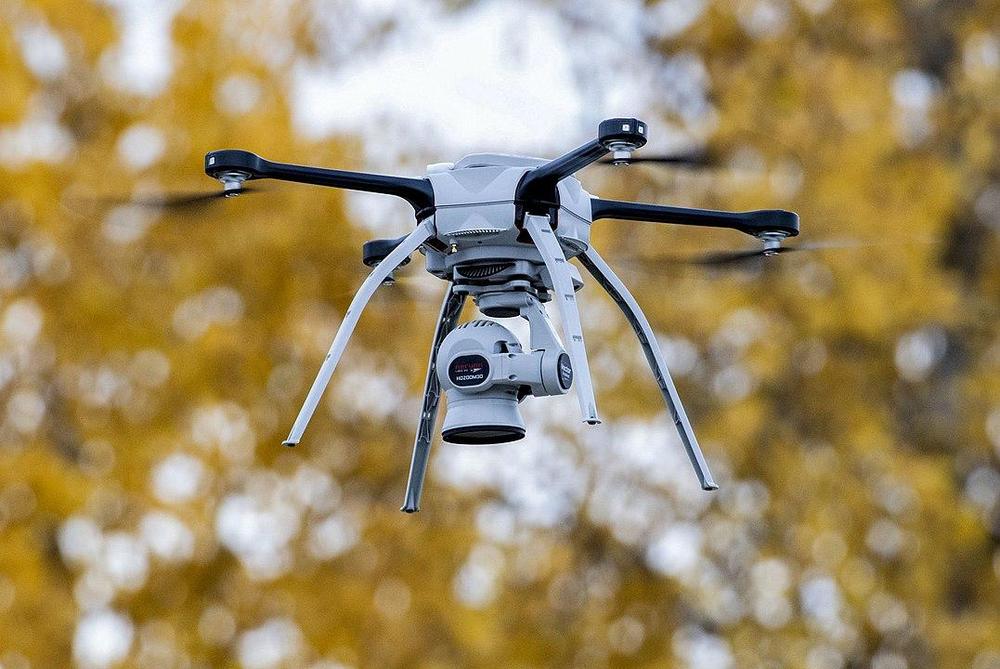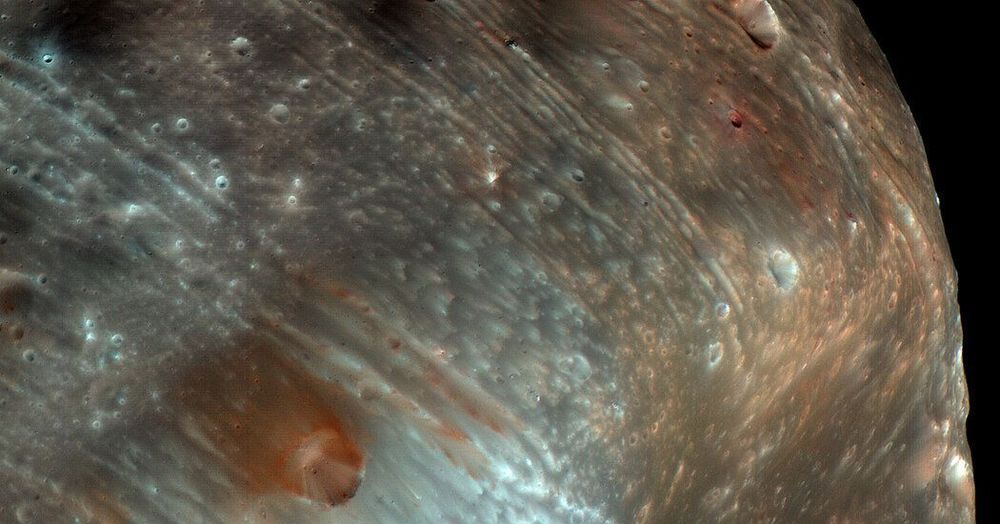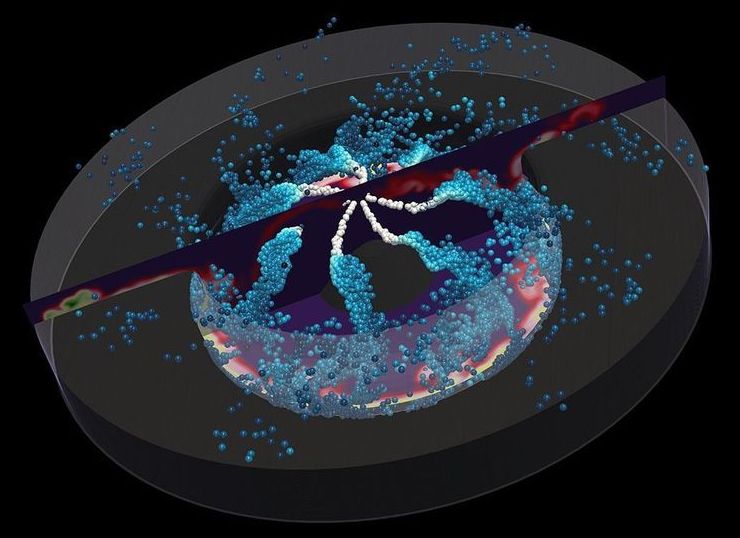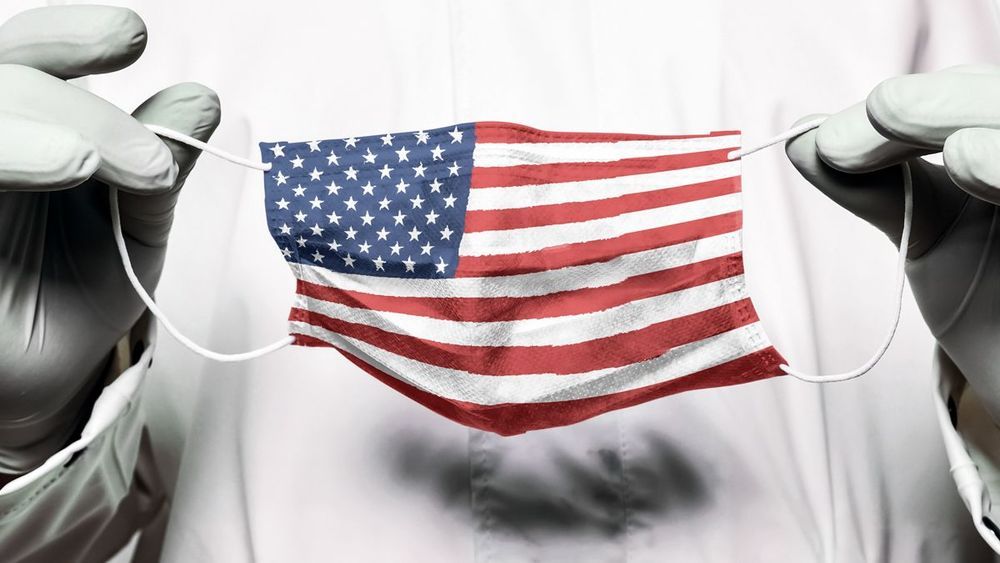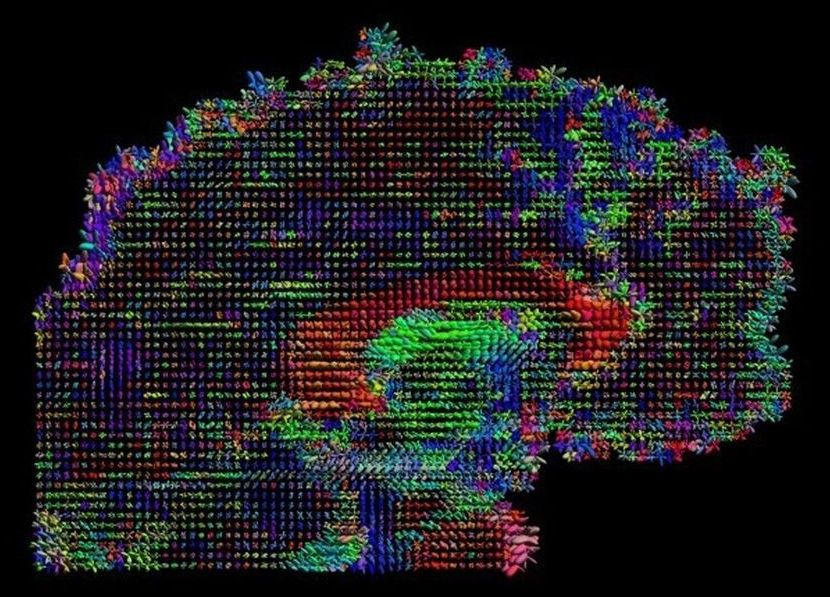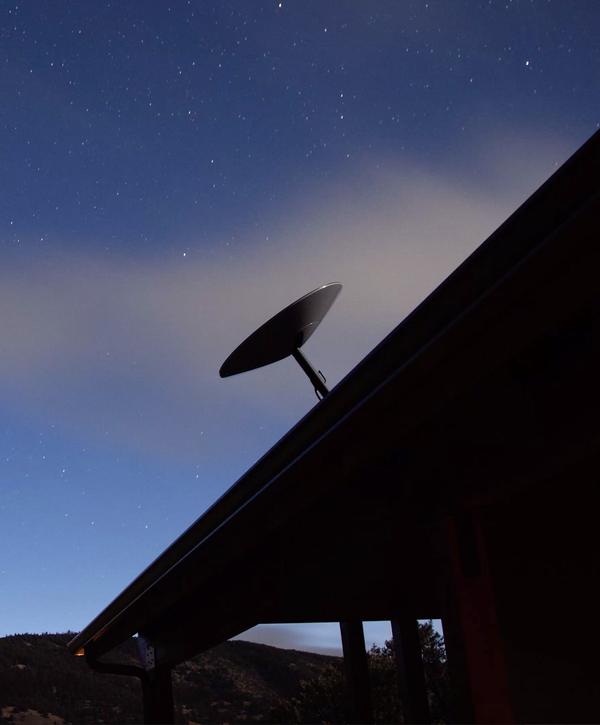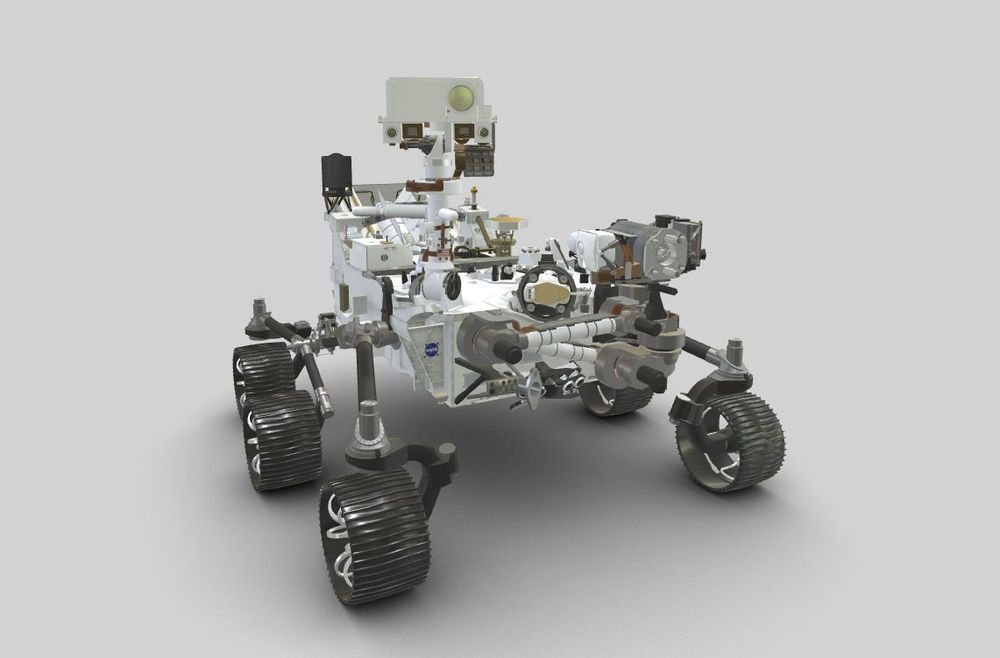Are you fascinated with microbiology? Have you ever thought about how to integrate your passion for research and entrepreneurship? The field of microbiology is expanding and being significantly impacted by advancements in technology. Recently, we interviewed Zack Abbott, Ph.D., who is the co-founder of ZBiotics. Zack explained his journey from studying infectious diseases to starting his own business focused on engineering bacteria for positive results. If you’ve ever wondered how you can be on the cutting edge of life sciences research, while working for yourself, read on about Zack’s experience.
1. Can you tell us a little bit about your background before entering the microbiology field?
I did my undergrad at UC Berkeley, where I double-majored in Molecular and Cell Biology and Classical History. I did not leave college thinking I would be a microbiologist. I wasn’t actually sure what I wanted to do, and so I tried out a few different jobs. Eventually, while gaining experience as a research assistant in an HIV lab at UC Davis, I realized that I would be happy with a career in infectious disease.

